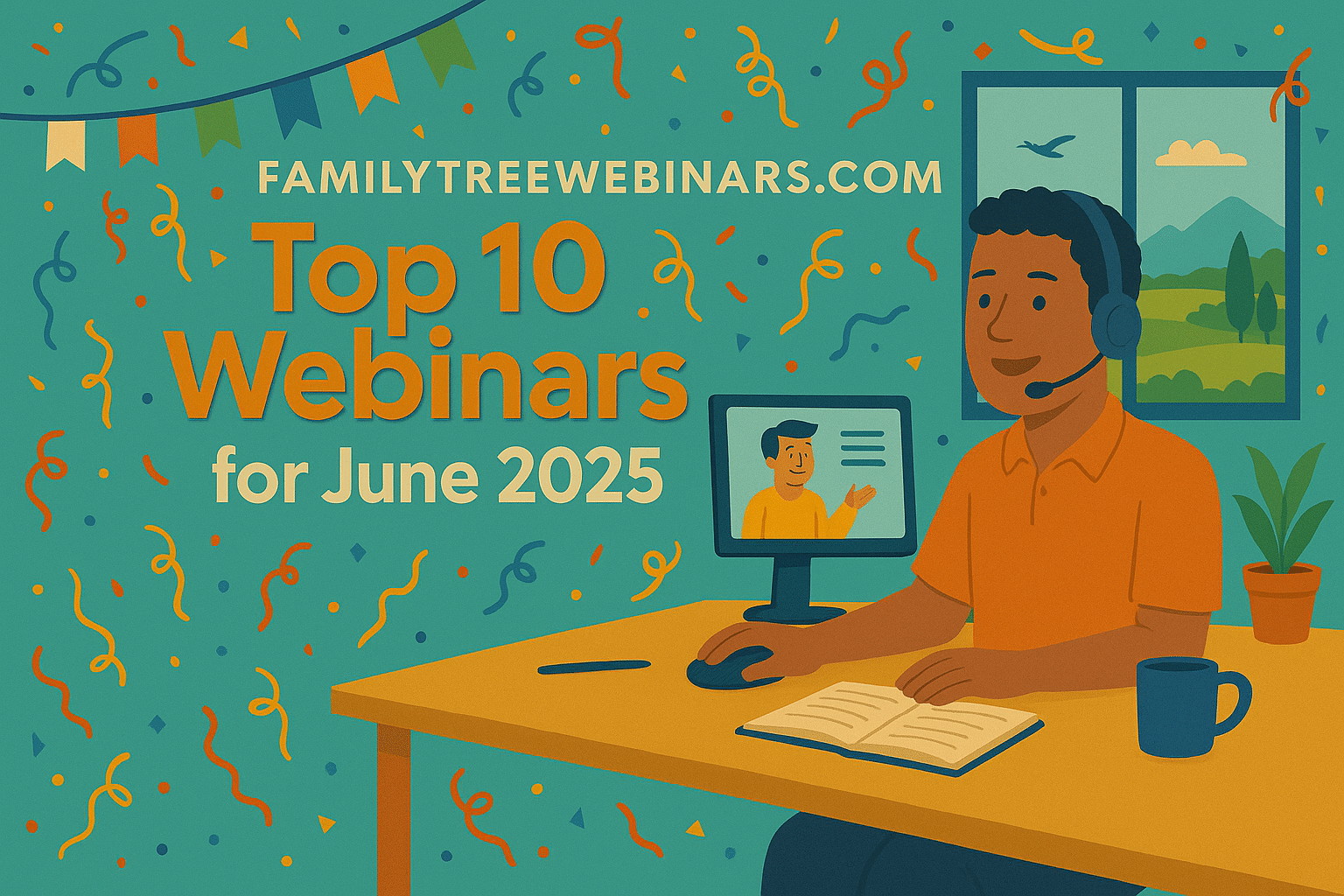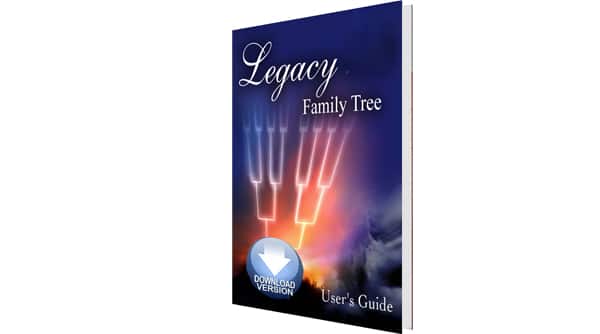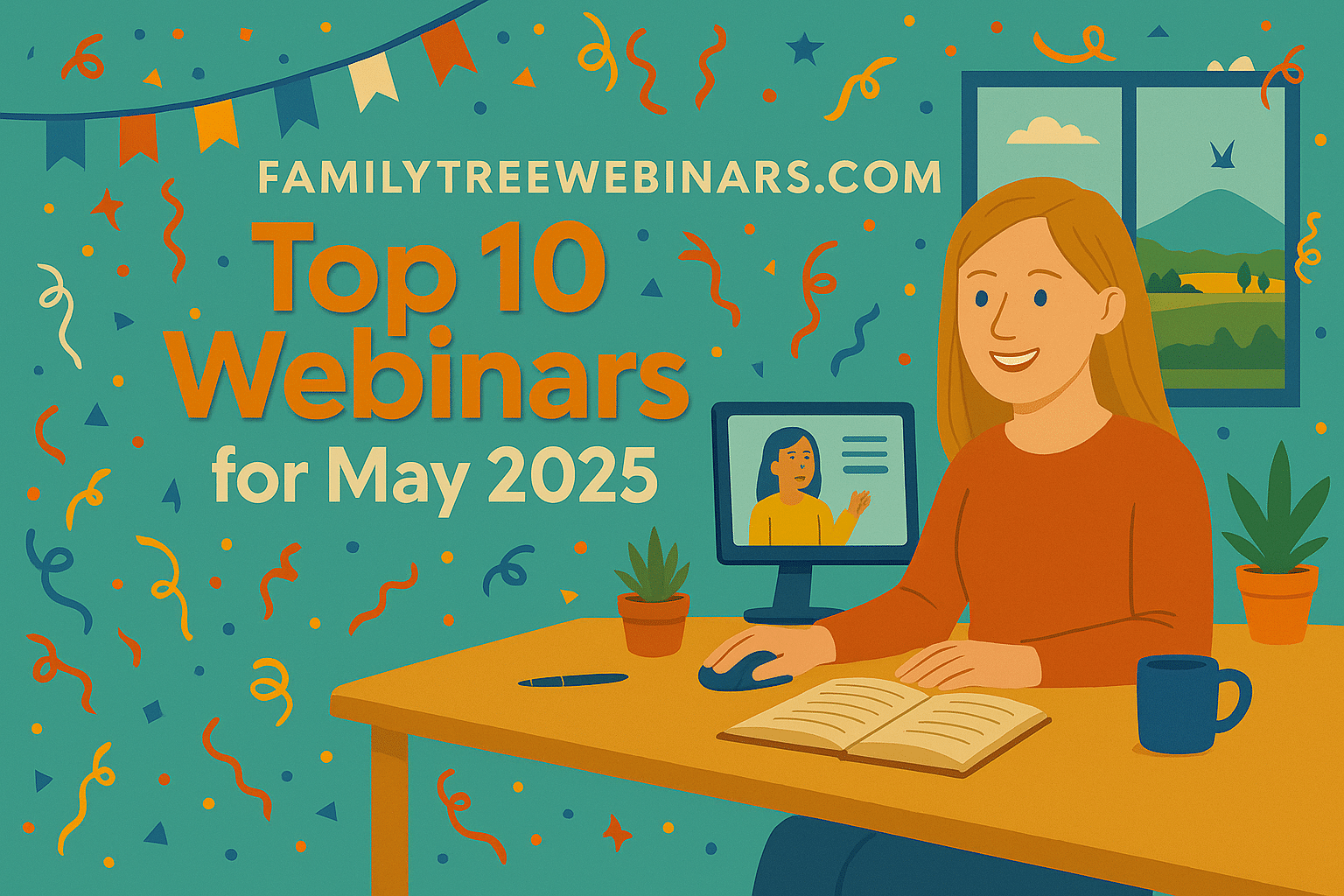Your cart is currently empty!
The Online Trap
Don't get caught in the trap of believing all the records you need are online.
David Ouimette, CG, FamilySearch Content Strategy Team, was able to provide the following information:
"FamilySearch is currently focused on publishing top-tier records as prioritized for each country. For most western nations, that translates to civil registration, church parish registers, census population schedules, and other related records we would all seek for first. There's also the matter of timeframe, as we might not target records too recent to access per existing privacy laws.
We estimate that FamilySearch has published over 7% of these record images (scoped for the top 80 countries and accessible time periods) in FamilySearch Historical Records, with many more (perhaps up to 15%) in the FamilySearch Catalog. This doesn't quite translate to a global statistic as some countries with massive population don't fit in the top 80."
And this is only the top-tier records and not every available record. There are other online repositories with additional records but the sum total of these records will not add a lot to the overall percentage when looking at the same groups of top-tier records. Since the concentration is on this top tier, there are records that are down the priority list that haven't been digitized and won't be for a long time.
I want you to think about that for a minute. Do you have a brick wall that you can’t break through? Maybe this is the reason. Online records are great and I love being able to sit back in my office and go click click click with my mouse but I also do old fashioned research at courthouses, archives, and libraries. I guess it might be easier for me because when I started out in 1991 I didn’t own a computer. It didn’t matter because there weren't any genealogical holdings online at that time. 100% of my research was done onsite, by telephone, or by snail mail. Some genealogists just starting out don’t know that there is whole 'nother world of records out there. I get many emails from people telling me they can’t find so and so and I ask them, "Did you check ___________?" Many times the thought hadn't even crossed their mind.
The trick is knowing what records are available for that specific location and time period and then knowing how to access them. There are many resources that can help you with this. Here are a just few books to give you an idea of the type of reference material out there that can guide you.
Breland, Claudia. Searching for Your Ancestors in Historic Newspapers. Gig Harbor, Wash.: Claudia Breland, 2014.
Darrow, Carol Cooke and Susan Winchester. The Genealogist's Guide to Researching Tax Records. Westminster, Md.: Heritage Books, 2007.
Eales, Anne Bruner and Robert M. Kvasnicka, editors. Genealogical Research in the National Archives of the United States. Third edition. Washington, D.C.: National Archives and Records Administration, 2000.
Eichholz, Alice, editor. RedBook: American State, County, and Town Sources. Third edition. Provo, Utah: 2004.
Hinckley, Kathleen W. Your Guide to the Federal Census for Genealogists, Researchers, and Family Historians. Cincinnati: Betterway Books, 2002.
Hone, E. Wade. Land and Property Research in the United States. Salt Lake City, Utah: Ancestry Incorporated, 1997.
Meyerink, Kory L., editor. Printed Sources, A Guide to Published Genealogical Records. Salt Lake City, Utah: Ancestry Incorporated, 1998.
Neagles, James C. U.S. Military Records: A Guide to Federal & State Sources, Colonial America to the Present. Salt Lake City, Utah: Ancestry, 1998.
Rose, Christine. Courthouse Research for Family Historians, Your Guide to Genealogical Treasure. San Jose, Calif.: CR Publications, 2004.
Szuc, Loretto Dennis and Sandra Hargreaves Luebking, editors. The Source: A Guidebook to American Genealogy. Third edition. Provo, Utah: Ancestry Publishing, 2006.
The Handybook for Genealogists. Tenth edition. Draper, Utah: Everton Publishers, 2002.
Another great resource is the FamilySearch Wiki. This is the first thing I check when I am working in an unfamiliar country, state, county, town, or record group.
I talk to people all the time who are nervous about reaching out and making contact with repositories because they have never done so and don't know what the proper procedures/protocols are. There is no reason to feel this way. The telephone is your best tool. All you have to do is call them and tell them what you are looking for and they will tell you if they have what you need and what the procedure is to get it.
For example, let's say I have someone that I am pretty sure married in Marion County, Mississippi in about 1850. I have checked online and I can't find a marriage record for this couple. I would then call the Marion County Circuit Court (number found online) and ask them about the marriage record. They put me on hold for a few minutes while they go check their marriage books. They come back on the line and tell me that they have the record. It will cost me fifty cents and I will need to send a self-addressed, stamped envelope. The clerk then gives me the mailing address and also provides me with the book and page number so that I can put that in my formal request letter to make it easier for them. Done.
Of course not all contacts with repositories will be this straightforward. There are some courthouses that are not this friendly or cooperative. You will learn which ones these are. A formal snail mail request might loosen them up a bit. Worst case scenario is that you might have to hire a local researcher to make a personal appearance to retrieve what you need. Most of the state archives require that you fill out a special form which are available online. You can still call them for more information though. Calling libraries that have genealogical holding is usually very fruitful. It is the nature of libraries and librarians to be helpful.
One last piece of advice. Keep track of every effort and every contact you make when looking for records (research log). The last thing you want to do is duplicate your efforts because you don't remember that you already contacted a certain repository about that record and they have already told you that they don't have it. Your log will also let you know if it has been too long without a response which will alert you that it is time for a followup.
Michele Simmons Lewis, CG is part of the Legacy Family Tree team at MyHeritage. She handles the enhancement suggestions that come in from our users as well as writing for Legacy News. You can usually find her hanging out on the Legacy User Group Facebook page answering questions and posting tips.
Certified Genealogist is a registered trademark and the designation CG is a service mark of the Board for Certification of Genealogists®, used under license by Board certificants who meet competency standards.




Even if you are looking at an official documents you have to analyze. People lie and people make mistakes. You can’t assume what you see is the truth.